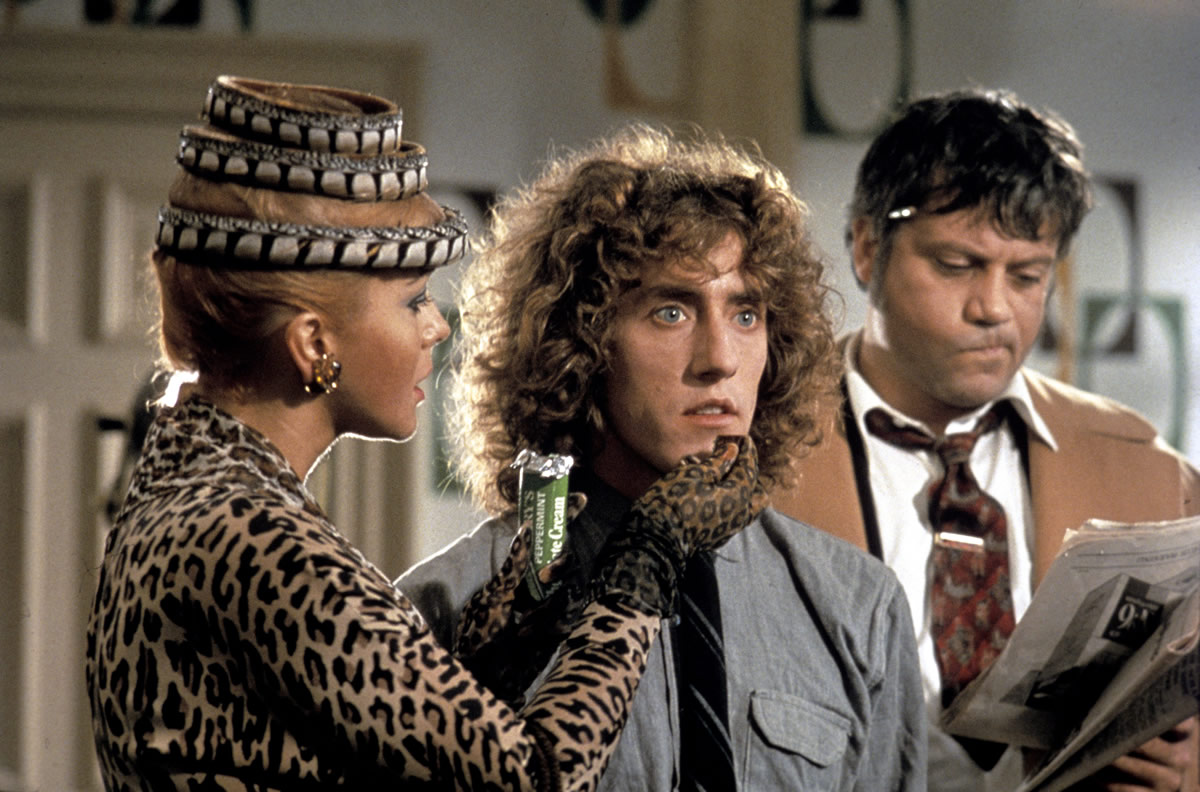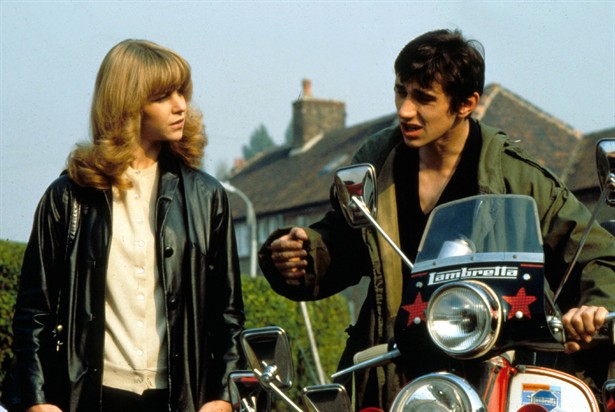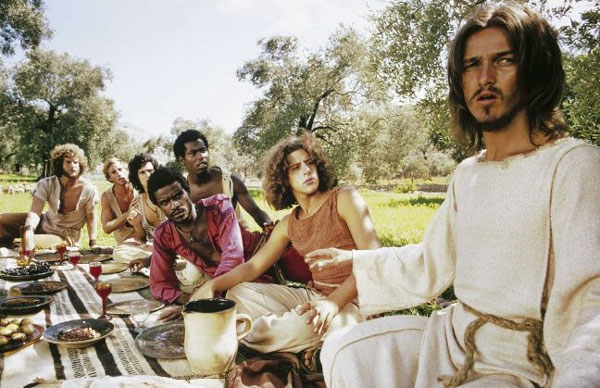5. God Help the Girl

Stuart Murdoch is the founder and leader of Belle & Sebastian, the cult indie group based in Glasgow which has been active since 1996 and has become famous for its melodic and guitar based style; the band genre has been described as pop rock or indie pop.
In 2009 the band released God Help the Girl, an album conceived by Murdoch as a collection of songs about the experiences and feelings of young women. For the occasion, the album was primarily sung by women, with a number of female singers chosen specifically for the project. A few years later, Murdoch wrote and directed a film of the same name, based on the same theme and atmosphere of the album.
God Help the Girl is a musical film, shot in 2012 and first released in 2014 at the Sundance Film Festival, before opening the Generations section at the Berlin Film Festival of the same year; it tells of Eve, played by Emily Browning, on her journey of self-discovery, romance and music.
This charming picture certainly owes something of its style to Wes Anderson and his combination of bright colors, symmetry and quirkiness; nevertheless, God Help the Girl suffers for his director’s lack of experience and struggles to find a real balance between indie musical ambitions and cinematic storytelling.
4. Tommy

Among the great contributions given from The Who to the world of rock music there are two of the most complete and artistically successful rock operas ever produced, Tommy and Quadrophenia.
Rock opera was the term coined in the Sixties for an album which told a story through its songs. Tommy was such an album, and immediately created a cult status around it, to the point that its fame could have become greater than the band’s, if it wasn’t for the Who’s later great works such as Who’s Next and Quadrophenia (another masterful rock opera).
The live performances of the album became legendary on their own, especially the one in Woodstock, filmed for the eponymous documentary by Michael Wadleigh. It took six years for the 1969 album to be adapted to film; the director was Ken Russell, a master of music-based cinema.
The film relies heavily on the most eccentric and over-the-top imagery of the album, which tells the story of a deaf, dumb and blind kid with an extraordinary talent for pinball. A great part of Tommy’s success as a cult movie is due to the gallery of famous musicians playing the characters from the album: Elton John as the Pinball Wizard, Tina Turner as the Acid Queen, Eric Clapton as the Preacher and so on.
3. Quadrophenia

As far as rock operas go, it would be hard to find one better conceived than The Who’s Quadrophenia (1973). The album in itself perfectly told a complete story, with few missing plot points and with a great variety of themes and musical inventions, like the idea to assign a different musical theme to each of the four personalities of the protagonist.
The visual part of the opera was well thought as well: the booklet of the album consisted of a series of beautifully shot photos which accompanied the story. With such a tightly conceived story, and with the previous experiment of the adaptation of Tommy, a film was soon to follow.
Quadrophenia, directed by Franc Roddam, was released in 1979. This adaptation was not a musical film, but a realistic drama; it did not follow too closely the story of the album, but was a larger depiction of the mod era of British society in its early Sixties.
Starring Phil Daniels as the troubled Jimmy and Sting as Ace Face, his idol and later modest bellboy, Quadrophenia is a coming-of-age story and an heartfelt tribute to the kind of British youth that in 1979, in the middle of the punk revolution, seemed extremely distant. The artistic relevance of the film may be relative, but its value as social commentary and compelling tale of youth life is indisputable.
2. Jesus Christ Superstar

Jesus Christ Superstar was written by Andrew Lloyd Webber and Tim Rice as a rock opera and released in 1970; the album told of Jesus Christ’s last week before the crucifixion. Ironic and with many modern references, the album was banned by BBC for its unorthodox depiction of religion. It became a hit Broadway Musical in 1971, and then a film in 1973.
Directed by Norman Jewison, also director of The Fiddler on the Roof (1971), it starred Ted Neeley, who was the understudy for the part on the Broadway production, as Jesus Christ and Carl Anderson as Judas. It featured the songs from the album and the musical, including the classics Superstar and Everything’s Alright, although with some changes to the lyrics.
Aside from the religious controversy, Jesus Christ Superstar proved extremely popular, and is now part of the collective imagination: Jewison’s film has become a cult movie, and a truly entertaining watch.
1. The Wall

In its early stages, The Wall was conceived by Roger Waters as a feature film, but eventually became the acclaimed album released in 1979. The line-up of the band at the time consisted of Waters, David Gilmour, Richard Wright and Nick Mason. The concept album told the story of Pink and his journey towards total isolation from society, and then his introspective “trial” which opens him to the world one again.
A fundamental part of the story are the oppressive forces that grip him (like his mother and the school system) and his visions of a neo-nazi regime of which he is the leader. This narration was eventually transferred to film in 1982 under the direction of Alan Parker and with the involvement of Waters himself, who initially was to star in the film before Bob Geldof was chosen for the part.
The film strictly follows the album’s story, and makes heavy use of its songs, reducing the dialogue to a minimum. Pink Floyd – The Wall is a deeply compelling movie, heavy with surrealism and full of striking images. The most iconic part of this work are the animated sections created by Gerald Scarfe; among them, the famous marching hammers. It is one of the definitive rock movies, and the powerful narration of the album finds its perfect representation in the movie.
Author Bio: Riccardo Basso is an Italian cinephile specializing in Humanities and Philosophy. He has only recently started writing about his favorite interest, cinema, but wishes to continue doing it (just don’t tell his cinephile friends he has seen every 007 movie at least three times).